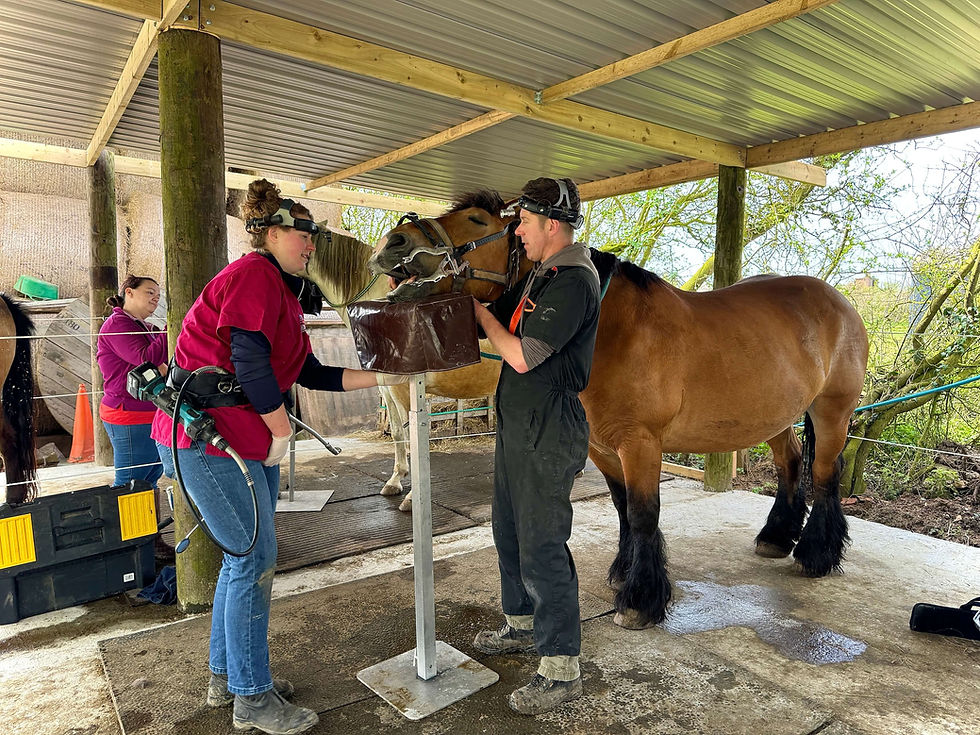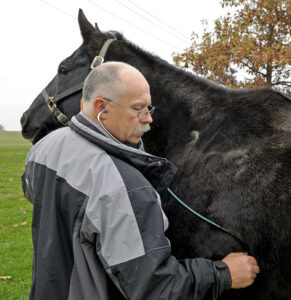How to Prepare Your Horse for Winter

Preparing your horse for the cold winter months is essential to ensure their health, comfort, and performance. This guide covers everything you need to know, from adjusting their diet to managing their coat and shelter.
Table of Contents
- Understanding Winter Challenges for Horses
- Adjusting Your Horse’s Diet
- Proper Shelter and Bedding
- Grooming and Coat Care
- Exercise and Health Monitoring
- Common Winter Health Issues
- Frequently Asked Questions (FAQ)
1. Understanding Winter Challenges for Horses
Winter brings colder temperatures, shorter daylight hours, and often wetter conditions. These changes can affect your horse’s metabolism, hydration, and overall well-being. Horses naturally grow a thicker coat, but additional care is necessary to protect them from extreme cold and dampness.
2. Adjusting Your Horse’s Diet
- Increase Forage Intake: Horses burn more calories to maintain body heat, so increase hay or pasture intake.
- Provide Access to Fresh Water: Prevent dehydration by ensuring water doesn’t freeze; use heated buckets if necessary.
- Supplement with Vitamins and Minerals: Consider supplements to support immune function during winter.
3. Proper Shelter and Bedding
- Shelter: Provide a windproof, dry shelter such as a run-in shed or stable.
- Bedding: Use ample dry bedding like straw or shavings to insulate against cold ground.
| Shelter Type | Benefits | Considerations |
|---|---|---|
| Run-in Shed | Easy access, natural ventilation | Must be well-maintained |
| Stable | Full protection from elements | Requires regular cleaning |
4. Grooming and Coat Care
- Regular Grooming: Removes mud and sweat that can chill the horse.
- Blanketing: Use blankets appropriately based on your horse’s coat and weather conditions.
- Check for Skin Issues: Monitor for rain rot or fungal infections.
5. Exercise and Health Monitoring
- Maintain regular exercise to keep muscles strong and circulation healthy.
- Monitor for signs of cold stress, weight loss, or respiratory issues.
6. Common Winter Health Issues
- Colic: Increased risk due to changes in diet and water intake.
- Respiratory Problems: Damp, cold air can exacerbate conditions.
- Frostbite: Rare but possible in extremities like ears and tail.
7. Frequently Asked Questions (FAQ)
Q: Should I blanket my horse every day?
A: Not necessarily; it depends on your horse’s coat, age, and weather conditions.
Q: How can I prevent my horse’s water from freezing?
A: Use heated water buckets or check and replace water frequently.
Q: What signs indicate my horse is too cold?
A: Shivering, lethargy, and weight loss are common indicators.
By following these guidelines, you can help your horse stay healthy and comfortable throughout the winter season. Proper preparation and attentive care make all the difference!
